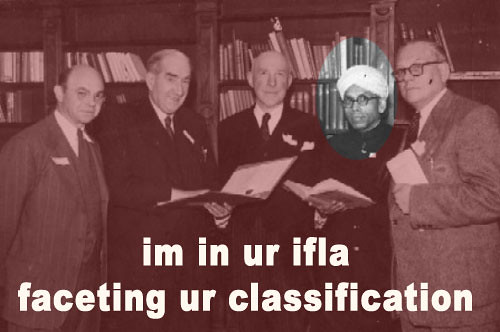I spent a few hours at the library yesterday, somewhere between three and four. Almost all of this time was spent doing Windows updates to the three semi-public machines. The library got broadband a few months ago and updates were basically impossible before then. So I came in, unlocked the Centurion Guard (quick aside, can anyone tell me if this is really in any way more secure than a good software firewall like Deep Freeze if you’re just using the machines as PACs?) and did the updates which involved downloading the updater, doing an express install of the most urgent updates, and then doing a more complete install of the 53 updates that had been made available since the last update.
I also installed Firefox on the exec and patron-facing profiles, did some helpful configging of it, taught the librarian how it was different (tabs!), and hid Internet Explorer as much as I could without uninstalling it since I still need it for more Windows Updates! While all these downloads were happening, I ordered a $40 wireless router, replaced the “you can not IM here” sign with one that said “Use Meebo for IM” and explained to the librarian how Meebo worked, and even used it to IM with someone the librarian already knew, who happens to be a local buddy of mine.
Since the downloads were still going on, I gave the librarian and the trustee I was working with a pep talk about the importance of having a website and my firm assessment that once we built a little website, most of the maintenance and updating could be done by them. The library was a little hub of activity the entire evening. 1,300 people live in the town and probably twenty of them came into the library in a three hour period. I got introduced to almost all of them.
Nothing else really to add here except that a lot of this work just fell under the heading of 1) good advice and 2) deferred maintenance. Neither of them always seems like the best way of spending your limited time and money. Yet at the same time, the whole “getting to yes” part of library tecnology may be, at the end of the day, the most important part of a solid technology foundation.
